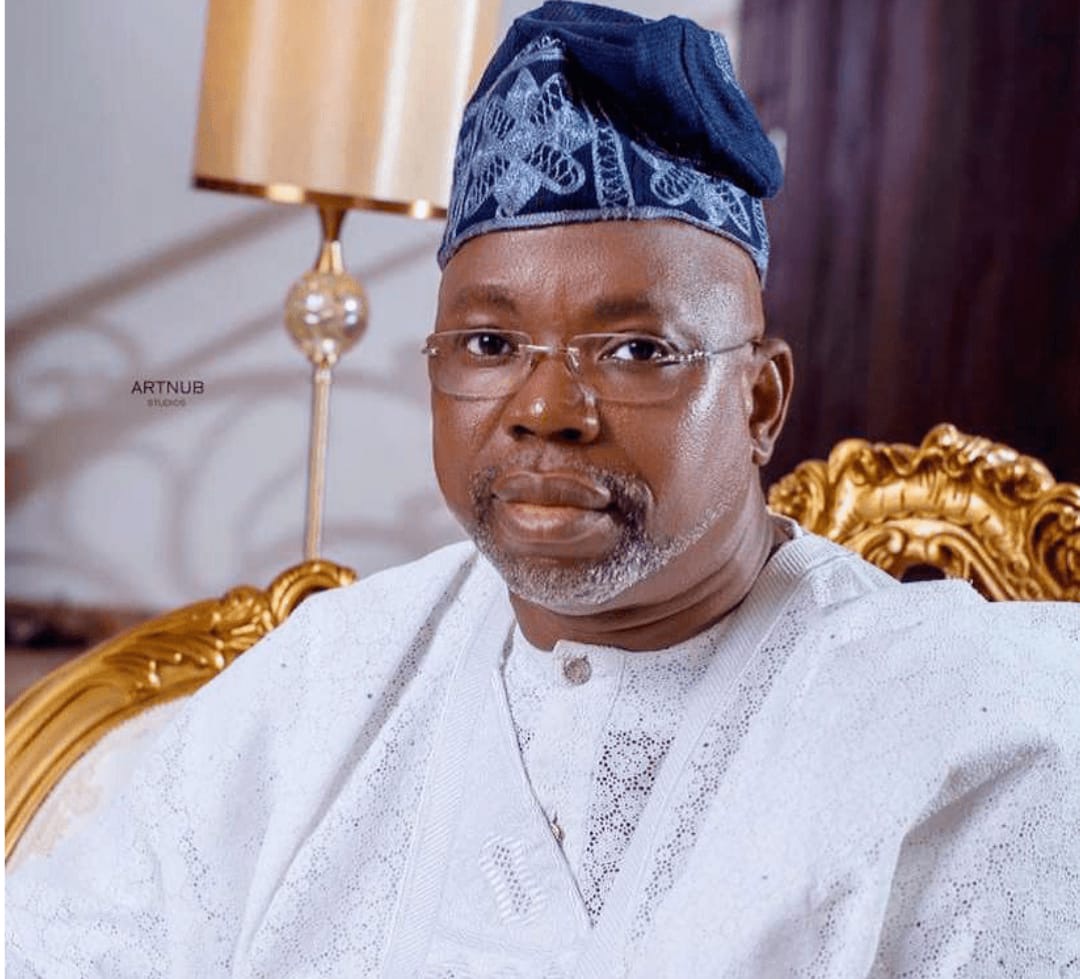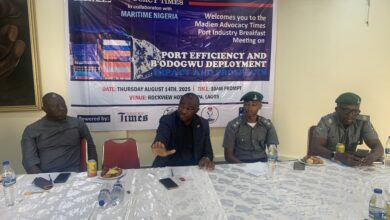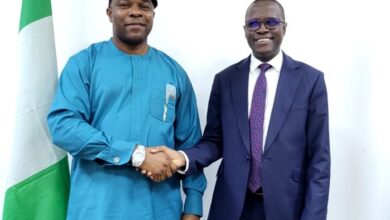
The Chairman of the Customs Consultative Committee (CCC), Fwdr Aare Hakeem Olanrewaju , has confirmed that freight forwarding associations have resisted a proposed hike in licensing renewal fees by the Nigeria Customs Service (NCS), describing it as “outrageous” and lacking adequate justification.
Following tensions triggered by the proposal, the CCC has intervened to secure an extension, allowing the associations time to consult with their members and revert to Customs management by December.
According to a press statement signed by Olanrewaju , the meeting with the NCS was held in accordance with Sections 103 to 107 of the Nigeria Customs Service Act, 2023, which empowers the service to review licensing rates. However, the proposed fee structure met with stiff opposition, prompting what he described as “constructive pushback” from the freight forwarding community. He said the CCC played a key mediating role in ensuring the conversation remained open, and that negotiations will continue under more agreeable terms.
He confirmed that the Comptroller General of Customs, Bashir Adewale Adeniyi , restated that the enforcement of the 4% Free on Board (FOB) charge is non negotiable, being a provision embedded in the new customs law. In a move to streamline revenue collection, the NCS has also halted the controversial 7% backstage payment on annual revenue clarifying that this is distinct from the 7% port development levy, which remains under a separate jurisdiction. The 1% Comprehensive Inspection and Supervision Scheme (CISS) fee has equally been removed from the payment portal with immediate effect.
Olanrewaju also acknowledged challenges associated with the ongoing migration from NICIS II to the B’Odogwu platform, describing them as “expected teething issues” that are already being addressed. He urged stakeholders to remain patient, adding that the CCC is actively collaborating with the NCS to ensure smooth integration and minimal disruption.
The CCC chairman called for calm and compliance within the freight forwarding community. He reaffirmed the committee’s commitment to fairness, transparency, and stakeholder inclusion, stressing that reforms must be economically sound, legally defensible, and guided by practical realities on the ground.











One Comment